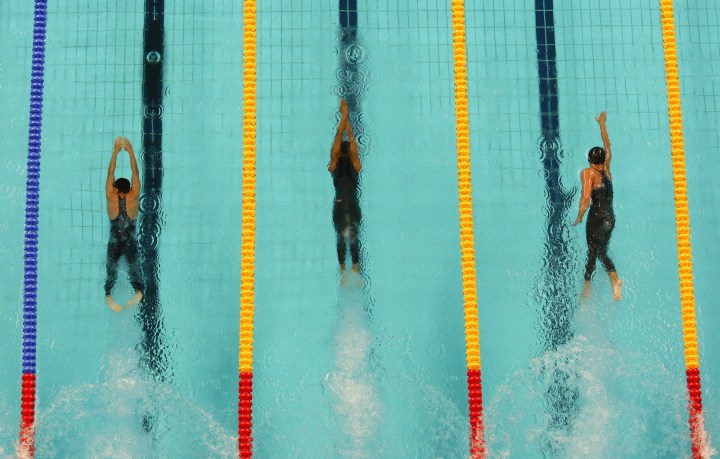
When sportswear helps break records

Earlier this year, Eliud Kipchoge of Kenya completed a marathon in under two hours. Since then, the Nike sneakers worn by Kipchoge and Geoffrey Kamworor, winner of this year’s New York City Marathon, have come under fire. Some critics say the thick-soled shoes are giving runners too much of an advantage.
This is not the first time innovation in sportswear has sparked controversy. The author Kassia St. Clair wrote about a similar swimsuit controversy in the 2000s in her book “The Golden Thread: How Fabric Changed History.”
“A new kind of textile had been used,” St. Clair said. “It compresses their bodies and creates a smoother surface.”
The new compression swimsuit was worn by several swimmers who broke records in 2008 and 2009, upsetting fans who felt that it played too big of a role.
“A huge amount of pressure was put onto the governing body and they essentially had to change the rules,” St. Clair said. “This allowed, in theory, the athletes once again to reign supreme, rather than what they were wearing.”
Sportswear companies like Nike have to be careful to innovate incrementally, St. Clair added, or risk upsetting fans if their innovations help athletes break records.
“What keeps these sportswear companies going are financial incentives. If they are sponsoring athletes who are generating headlines, it means they can then sell similar products to consumers.”
There’s a lot happening in the world. Through it all, Marketplace is here for you.
You rely on Marketplace to break down the world’s events and tell you how it affects you in a fact-based, approachable way. We rely on your financial support to keep making that possible.
Your donation today powers the independent journalism that you rely on. For just $5/month, you can help sustain Marketplace so we can keep reporting on the things that matter to you.












